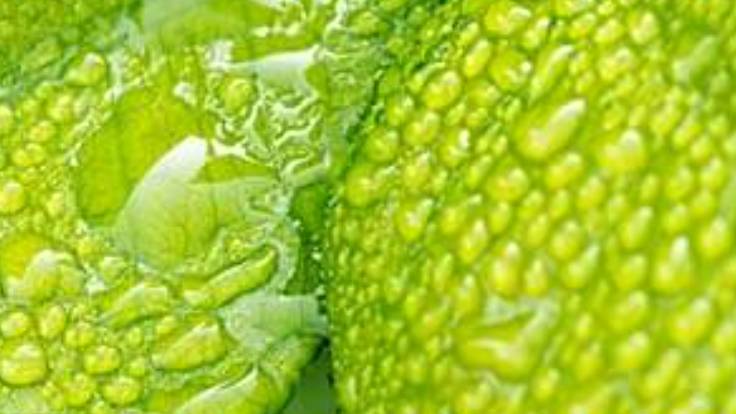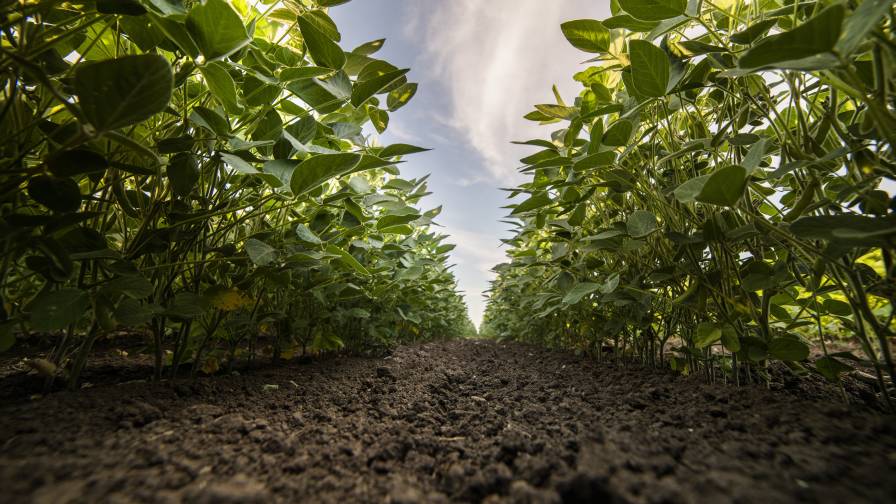Greek Cotton On Downslide
EU policy, falling yields, and poor weather are hurting cotton production in Greece, according to a report from the US Department of Agriculture’s Foreign Agriculture Service (USDA-FAS).
The country’s cotton area in 2006 is reported at 382,500 hectares (Ha), but national yields are dropping by 30% to 40% compared to 2005. The decline is due to adverse conditions, primarily disease pressure during maturation and rainstorms and flooding during harvest. Output per Ha is expected to be around 1,030 Kg/Ha on a cotton lint basis. In some traditional cotton growing prefectures, such as the western Thessaly Plain and the prefecture of Magnisia, a drop in yields could be over 40% on a cottonseed basis, according to USDA-FAS.
Cotton millers, desperate for raw material, grasped the opportunity provided by the recent drier weather during harvest and offered better prices to farmers, reportedly up to 0.33 Euros/Kg for deliveries at the plant and 0.2905 Euros/Kg for cotton delivered at the farm gate.
However, forecasts predict more rainy days to prevail until mid-November, which will result in fields that are too wet to harvest properly. The cotton remaining in the field is deteriorating and many farmers are not willing to harvest some of their land. The area left unharveste is estimated at 30% of the spring 2006 planting. This, along with the reduced yields, put the total Greek output for 2006 between 850,000 to 900,000 metric tons (MT) for seed cotton harvest, or 300,000 to 315,000 MT for lint. These poor results are causing many Greek farmers to consider their options for 2007, including sticking with cotton and hoping for better weather, shifting to corn or durum wheat, or even abandoning farming altogether.
EU policy also will affect farmer decisions in the coming years. A recent European High Court ruling in September held that the EU’s cotton aid regime must be scrapped, causing Greek cotton farmer organizations to urge the Greek government to take action in Brussels. Farmer organizations in Spain, Portugal, Italy, and France also have encouraged their governments to support action. The EU cotton program, which was drawn up in 2004, favored a subsidy system coupled to production, and the effects of this program are currently being evaluated. Greek cotton farmer Organizations are monitoring any related developments.
Reportedly during the week of October 30th, Spanish efforts to pressure for new reform of the cotton common agriculture policy (CAP) broke. The failure is a result of friction between farmers and millers over the low starting prices, reported at 0.21 Euros/Kg. Such EU policy developments will determine the size of the Greek cotton crop in the coming years. Some farming organizations have asked the Greek government to bring tobacco and olive oil CAP Reform policies back to the table. These reforms have resulted in deep divisions between the EU’s Mediterranean members, who have benefited from the subsidies, and the northern European member states.





